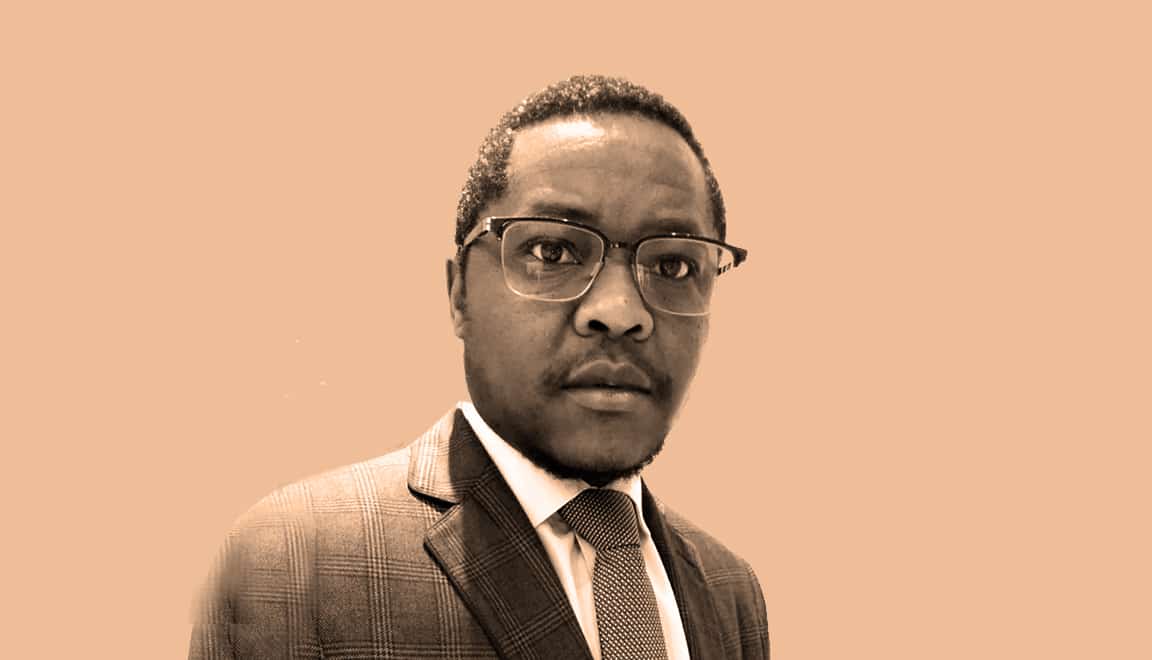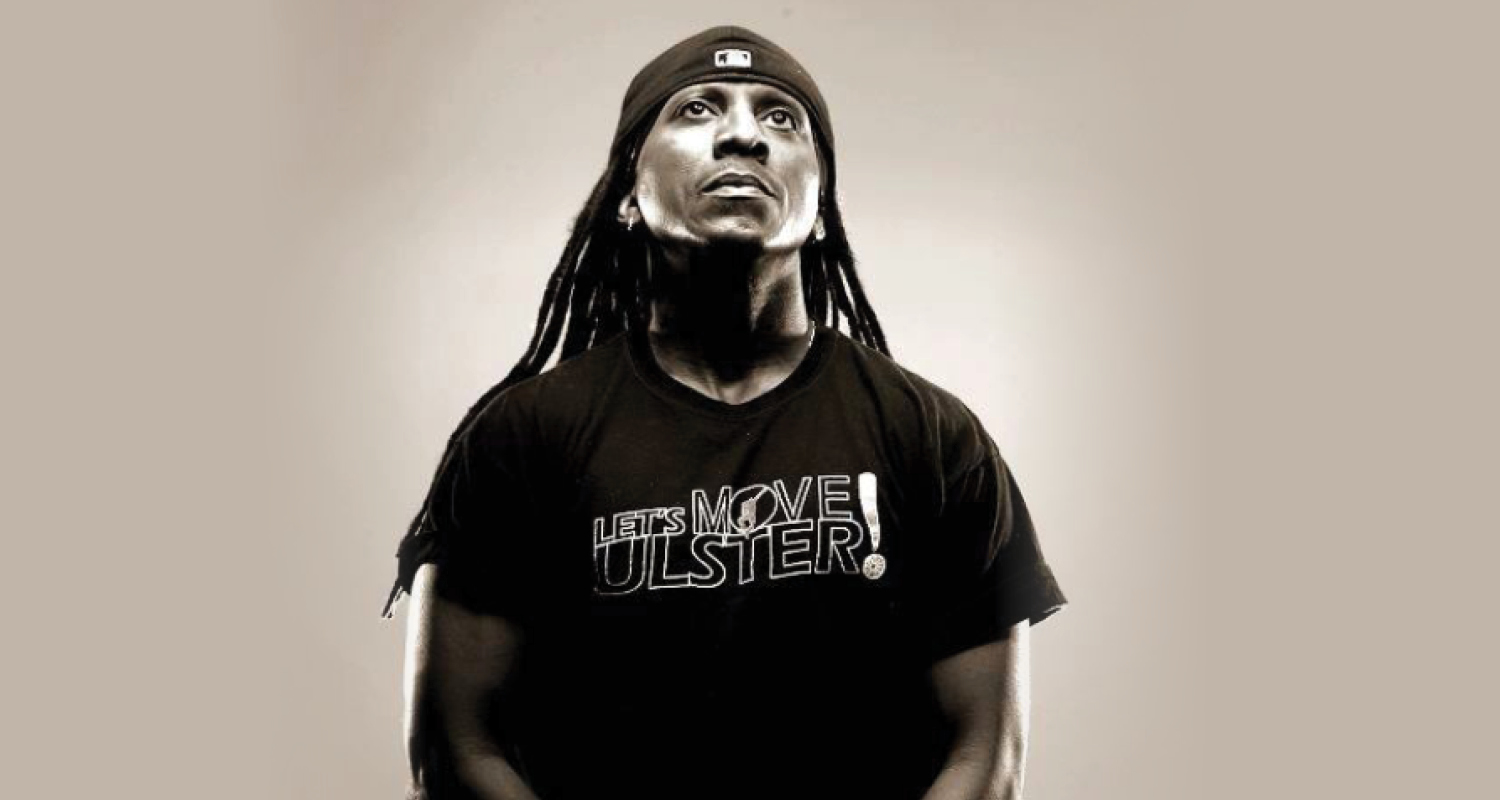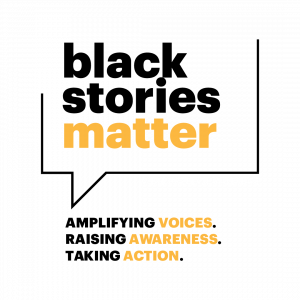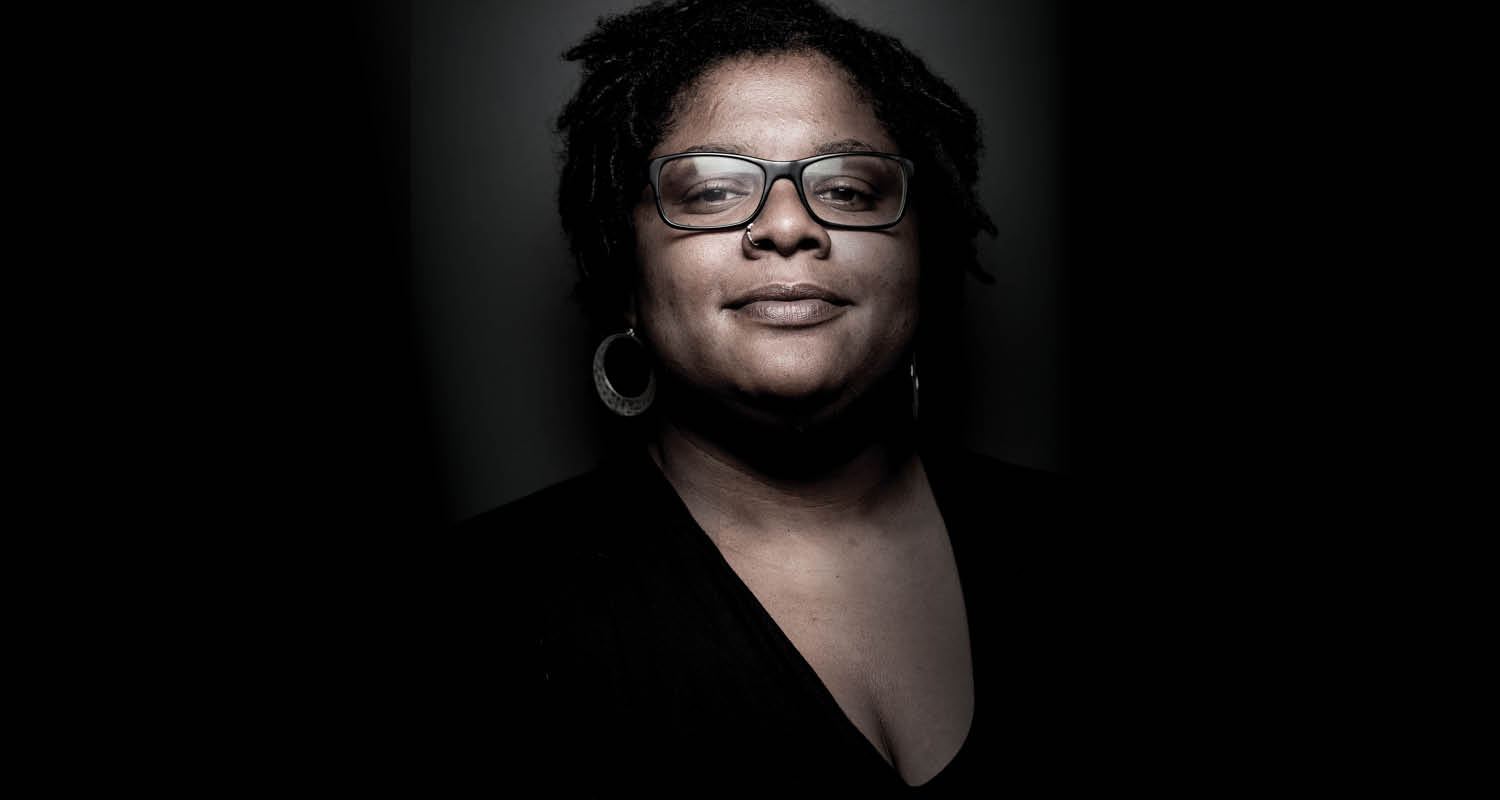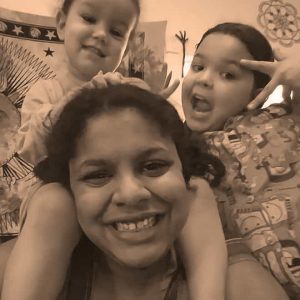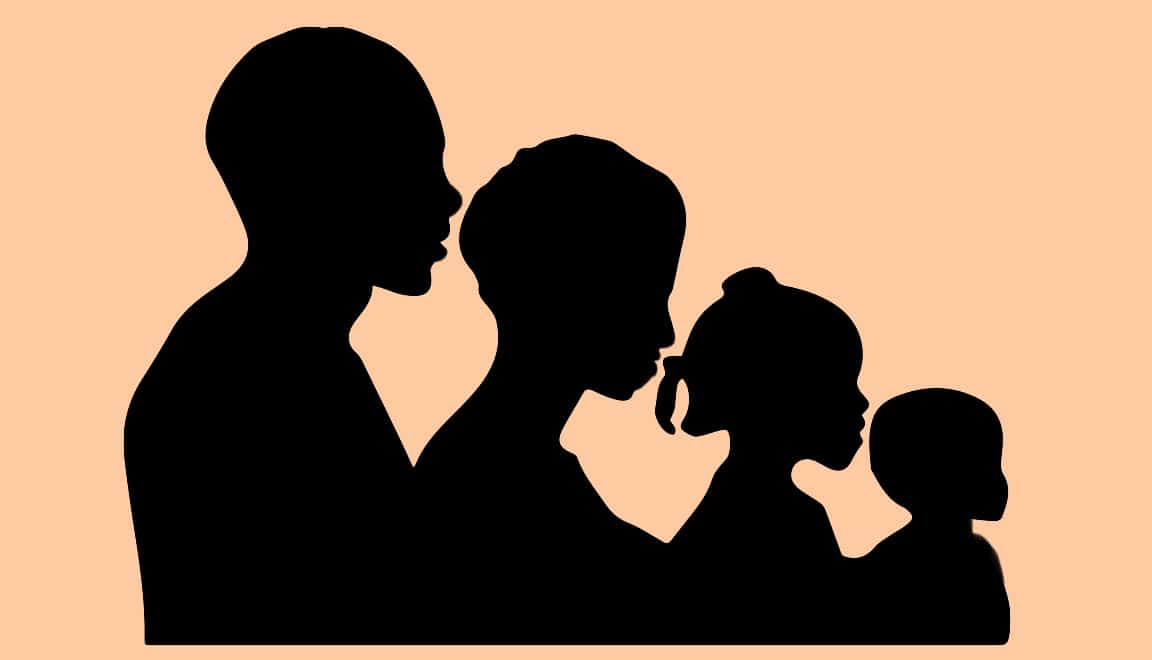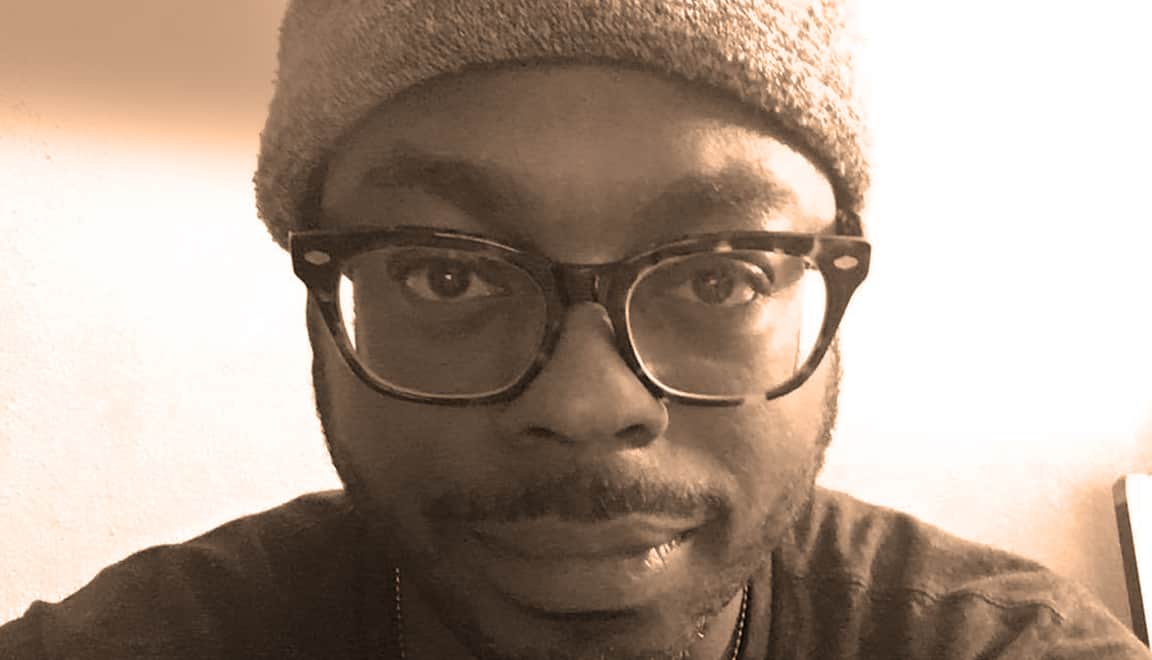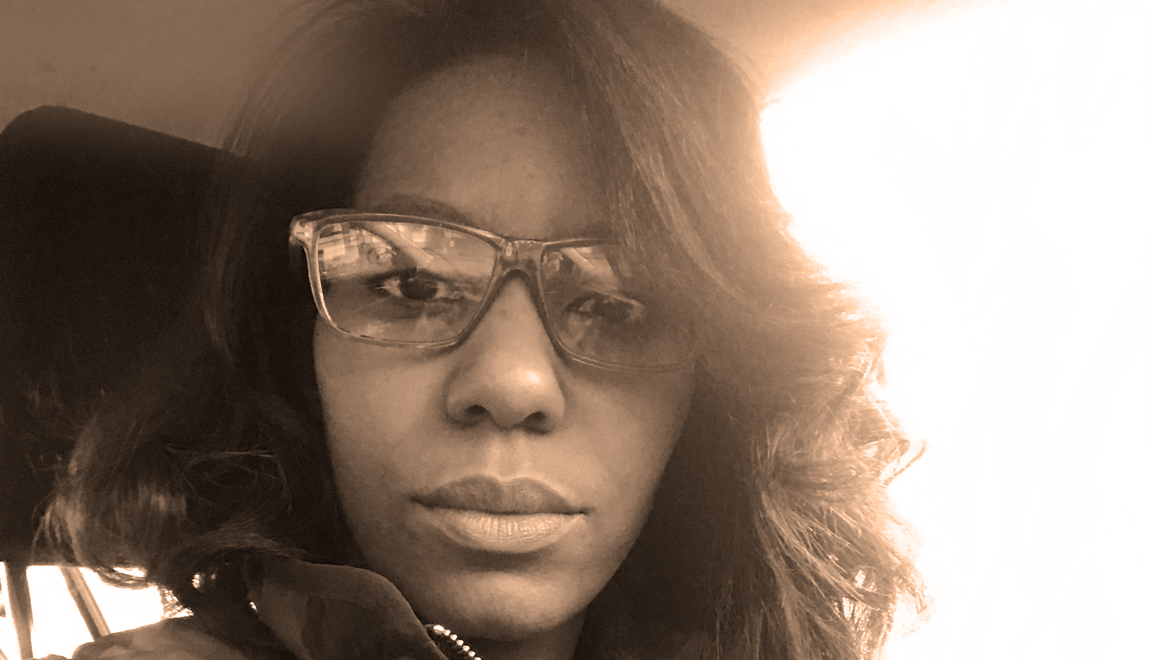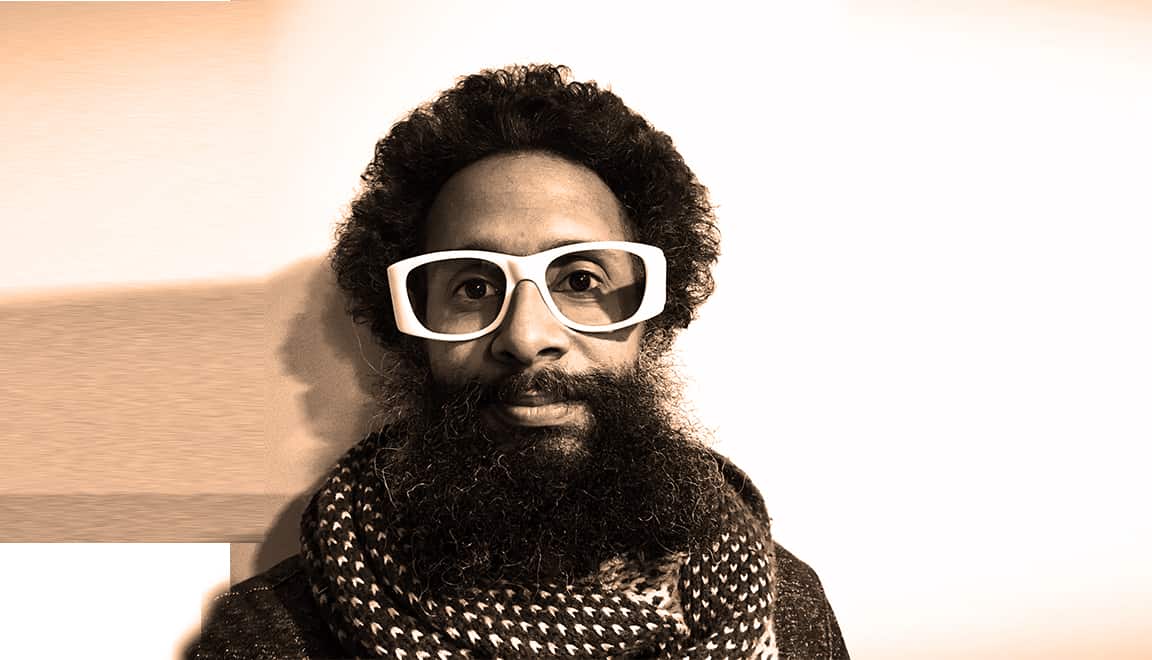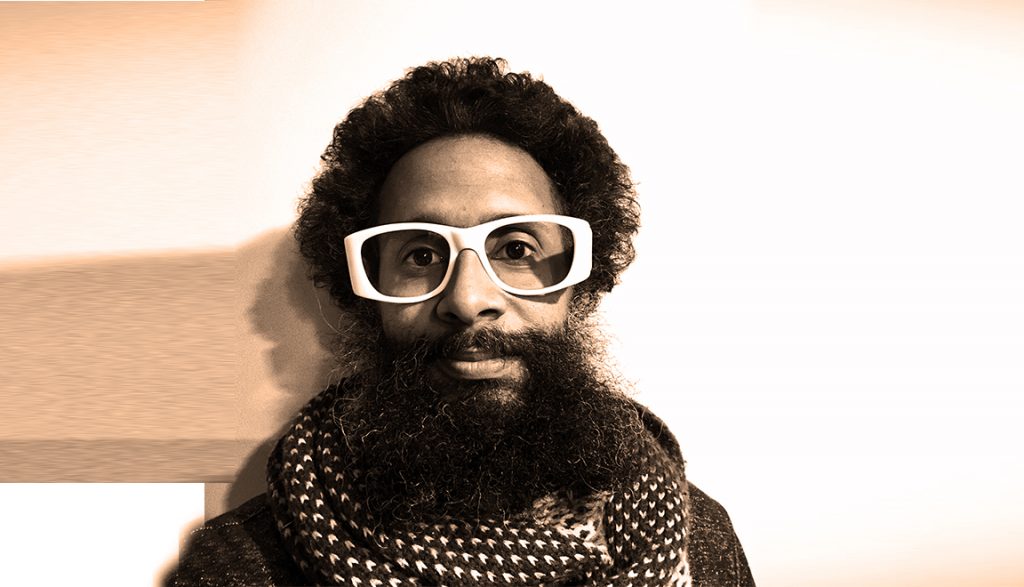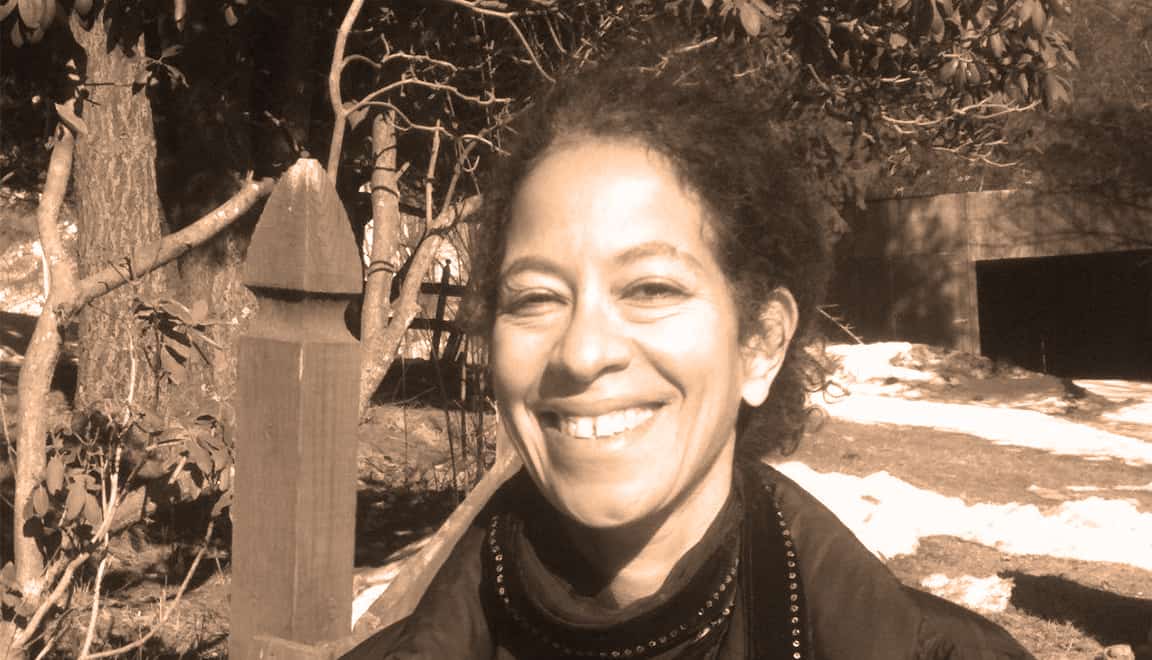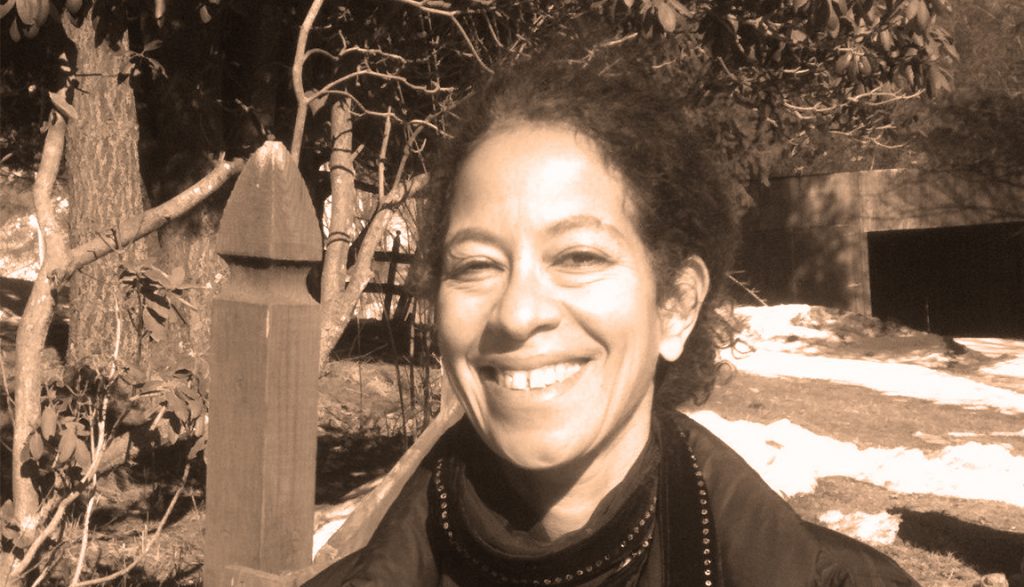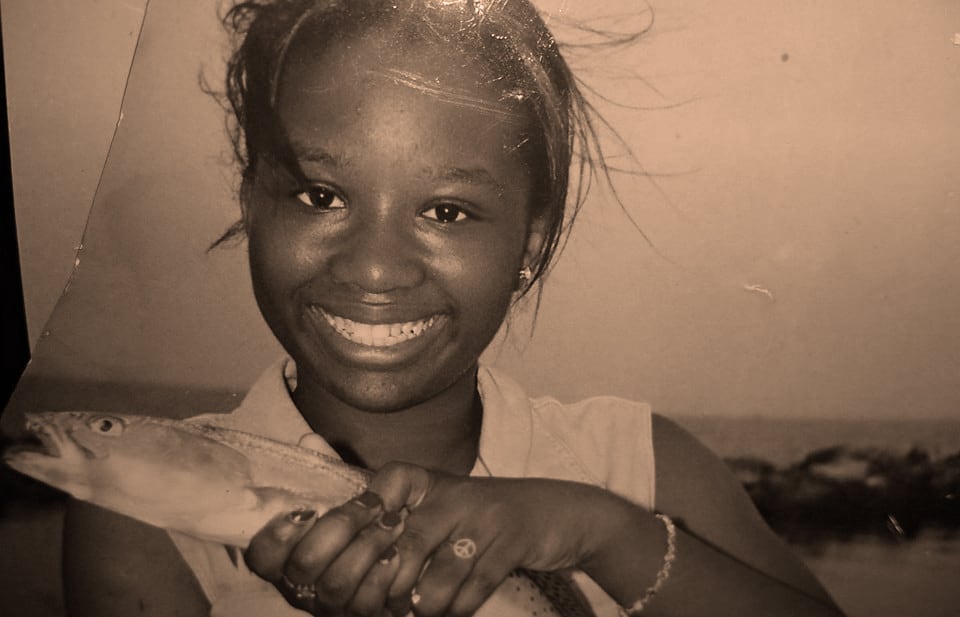(he/him)
When I was 15, the local media of Uganda outed a group of students my age for being gay, based solely on suspicion. This sparked anger inside me and I wrote an article pointing out that this would rob these students of a deserved education, affecting all of them for the rest of their lives. To my shock, shared by many readers, my rant (article) was published in a weekly teen newspaper pull-out called “Straight Talk.” This, to me, was my ushering into activism.
In my early 20s, I began to come across people like me. They told stories about rape, about their parents refusing to pay school fees, being kicked out of school and ending up homeless. We began to spend most of our time together in bars, and staying away from our homes.
We began to meet at a particular bar to support each other. When an article in a tabloid outed our spot as a lesbian bar, we decided to launch our meetings in a support group, inviting anyone who needed support to come along. In just a year’s time, the support group evolved into an organization, Freedom and Roam Uganda.
We began to search the Internet for information about running an organization and looking for resources to support rape victims and survivors. I borrowed a copy of the Ugandan Constitution and looked for solutions therein. We needed lawyers. We needed doctors. But, none were willing to take on the issues we brought forth. I decided that changing this narrative of helplessness, insecurity, and vulnerability would be my life goal. I felt I couldn’t sit home enjoying the support of my family, while my peers could not have the same, simply because they were either suspected to be gay or lesbian or queer. We began to create visibility through telling our stories on radio talk shows and in articles. These came at a high cost. Tabloids began to out people suspected of being be homosexual.
At this point I felt working in the background was not enough. I shared with my family that I was pursuing activism professionally and that I was going to work with Sexual Minorities Uganda, an organization aiming to liberate LGBTI persons in my country. When one of my uncles heard what he referred to as “this nonsense,” he bought me an airline ticket to leave the country. He wasn’t ashamed of me; he was afraid activism would get me killed. Regardless of his concern, this is an offer I never regret declining.
But, he was right. My life was, and still is, constantly in danger because of the work I do. I have become a public figure as a community organizer and advocate. It has attracted physical attacks, threats of murder and rape, rejection of housing, restriction of movement and several police detentions. Consistently speaking out has brought my name and my sexuality into living rooms across Uganda and brought my country into the spotlight. Now, the international community knows my name. In my case and for many other public activists, there’s a danger in speaking out, but at the same time, our public recognition provides a level of protection and privilege that others working on the frontlines don’t get.
